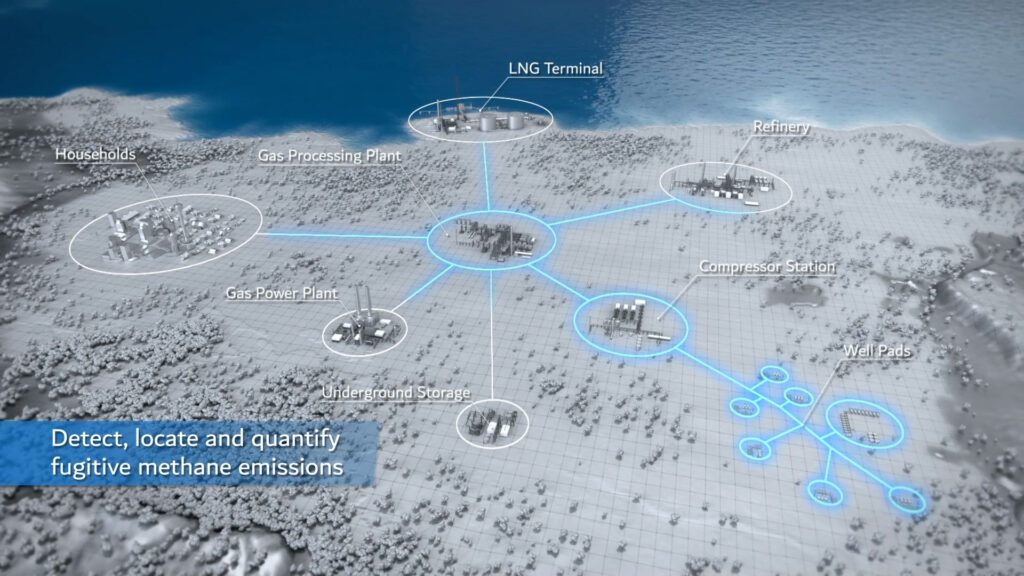How The Oil & Gas Sector Uses Animations & Motion Graphics
- Get link
- X
- Other Apps
The oil and gas sector is a highly technical, scientific industry and benefits significantly from using animation. Showing a process and formation in a visual format, which is otherwise unable to be seen and easily understood, goes a long way for marketing, training, tool design, and more. This article will share some of the essential topics that benefit from animation services in the oil and gas sector.
Let’s start with the beginning stage of exploration.
Exploration Animations
Oil & gas animations can explain the formation of rocks, reservoirs, and land structures. This visual enables drilling companies, tool manufacturers, and scientists to determine the best tools, optimize the drilling process, and explain how the system works to employees. Examples of animations of this type include land cut-out animations, downhole drilling animations, offshore land rig animations, 3D seismic videos, and more.
Refinery Animations
The refinery topic in oil and gas covers various products and operations. These animations explain how refining crude oil occurs and changes into different products. In addition, it can explain the three significant refining operations – separation, conversion, and treating. Refinery animations include mechanical engineering for oil and gas along all the complex oil and gas industrial chain phases – exploration, production, transportation, refining, and end product distribution. LNG animations also better explain the production chain of Liquified Natural Gas (LNG).
We’ll end with the most extensive topic of all the animations – drilling animations.

Drilling Animations
The use of animation for drilling is widespread. With an otherwise impossible process to visualize, using a 3D animation is essential. It allows companies to see how a tool drills, how it travels through the rock formations, how fluid flows or stops in the drilling process, how drill bits rotate through different sub terrains, and more.
Drilling animations are easy to start initially – how is drilling done? It allows the examination of drilling mud, core capabilities, and drilled geological formations.
Oil & Gas drilling animations explore the complex world of highly integrated drilling processes from rig architecture, offshore drilling platforms, the drilling technology, and the difference between drilling on land or offshore. Horizontal drilling animations help demonstrate how it allows for oil and gas production in a tight formation and thin layers.
Other processes with frequent animations are cementing and casing animations, hydraulic fracturing animations, alternative fuels, fracking animations, and general 3D drilling animations explaining drilling fluids and drilling mud.
In conclusion, the oil and gas industry is one of the most crucial sectors of the economy. As a result, companies in this industry are continually looking for new ways to enhance their businesses and increase efficiency. With the variety of processes that can benefit from animation, oil and gas companies can count on 3D motion graphics to get the desired results.
Motion graphics – animation, virtual reality, and animated videos – are the new reality in the digital world. Regardless of the industry, this ensures better internal productivity and improved marketing.
Not sure what animation studio to start with? Give Industrial3D a call or email today.
The post How The Oil & Gas Sector Uses Animations & Motion Graphics appeared first on Industrial3D.
Original post here: How The Oil & Gas Sector Uses Animations & Motion Graphics
- Get link
- X
- Other Apps
Comments
Post a Comment